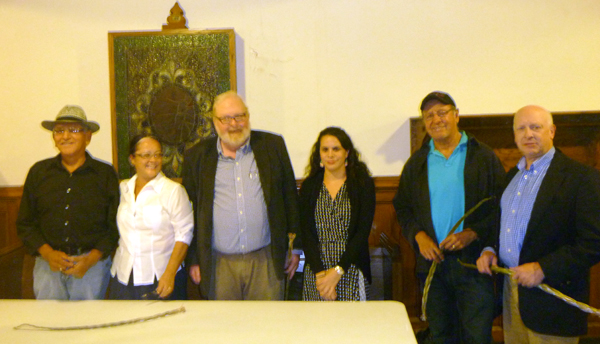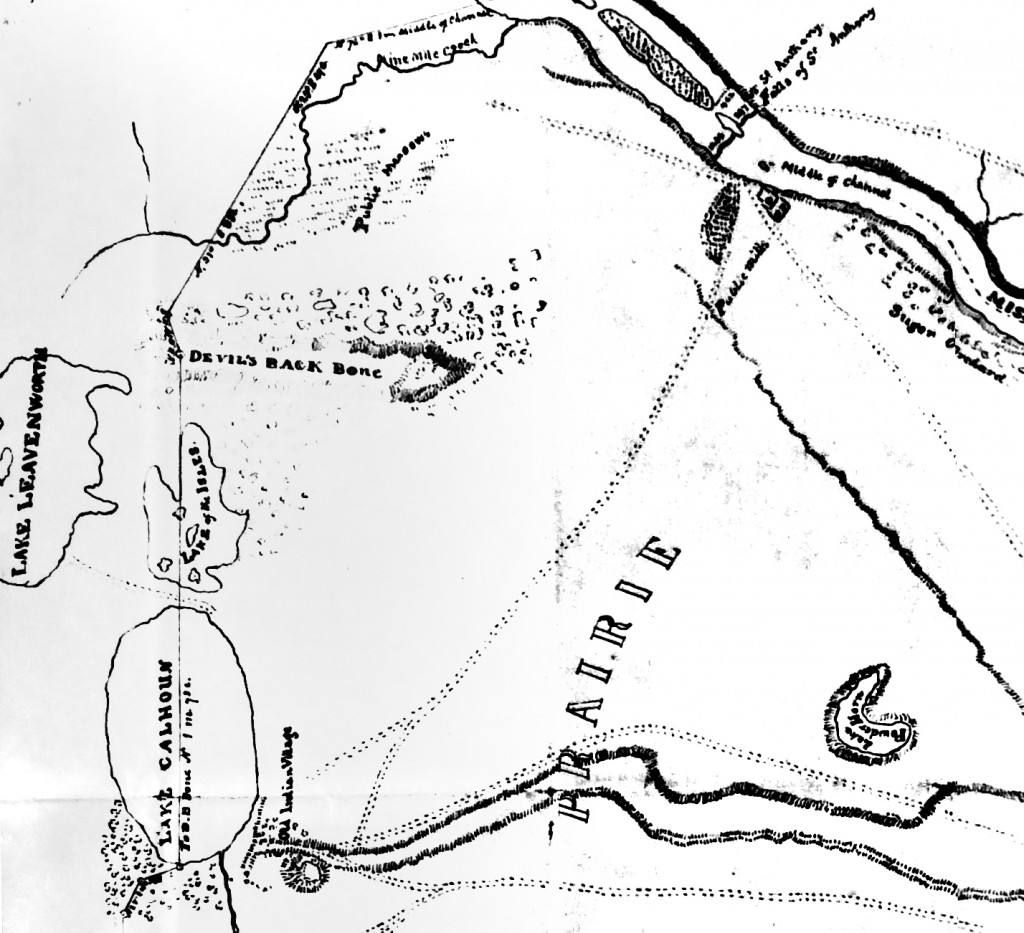At a gathering sponsored by Birchbark Books, on the evening of September 13, 2012, at St. Paul’s Episcopal Church, on Logan Avenue in Minneapolis, the authors of and some of the contributors to Mni Sota Makoce: The Land of the Dakota spoke about the experience of working on the book over the last four-and-a-half years. Afterwards, we signed books and talked to all the great people who came to see us. Each of us spoke about the project from our own particular perspective, as we did in project meetings over the last few years. Kate Beane, for example noted that the phrases “reading between the lines of the historical record,” which is part of the title of Chapter 2 in the book, ought to read “reading between the lies,” because of the questionable nature of some of the information that was recorded in European sources about the Dakota. It was part of the challenge of working on this book to sort out the lies from the truth.

Many of those who contributed to the book gathered at St. Paul’s Episcopal Church on September 13, 2012, including, from left to right, Glenn Wasicuna, Gwen Westerman, Bruce White, Kate Beane, Syd Beane, and Thomas Shaw.
In was interesting to be at this church, across the street from Lake of the Isles, one of the lakes that line the western edge of Minneapolis and also mark the western boundary of the Fort Snelling Reservation, which was created under the dubious Treaty of 1805, which led to the construction of Fort Snelling starting in 1820. Under that treaty as we talk about in the book the Dakota people were reserved the right to to “pass, repass, hunt or make other uses of the said districts, as they have formerly done.” It was not until the 1830s that the boundaries of the Fort Snelling Reservation were defined to include almost all of present-day Minneapolis, parts of St. Paul and Mendota Heights. Among the few places still in federal hands as a result of that treaty is Coldwater Spring, where the right of the Dakota “to pass, repass, hunt or make other uses of the said districts, as they have formerly done” is still contested.
